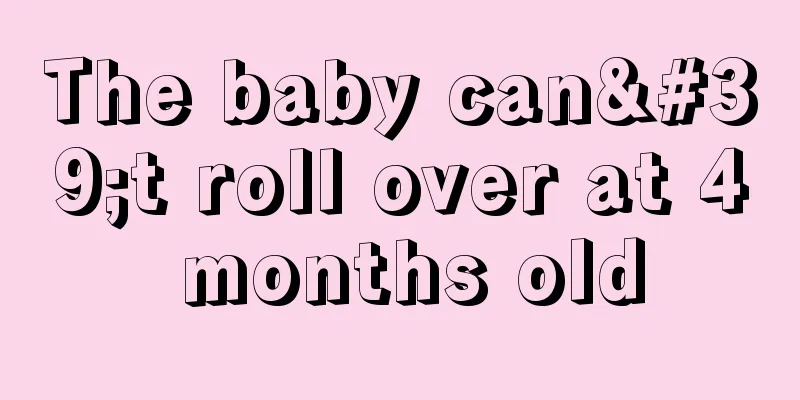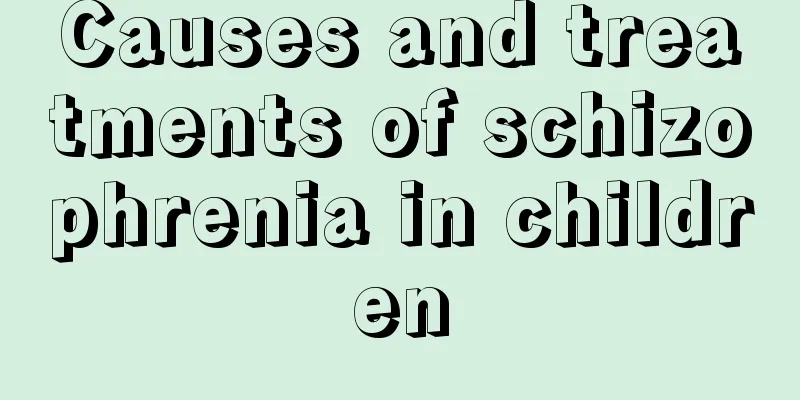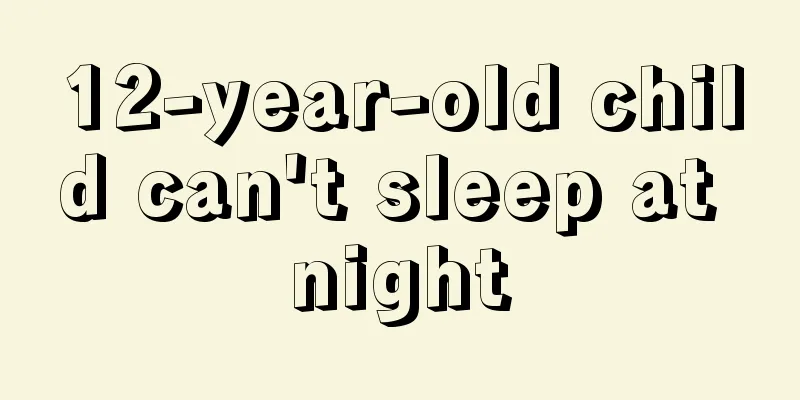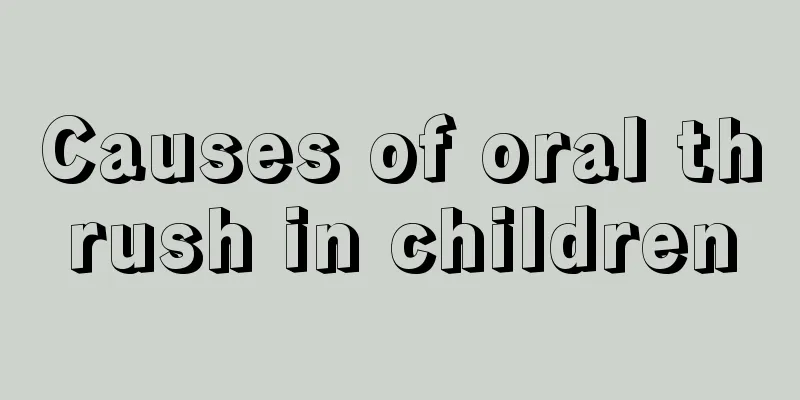The harm of drooling in three and a half month old babies
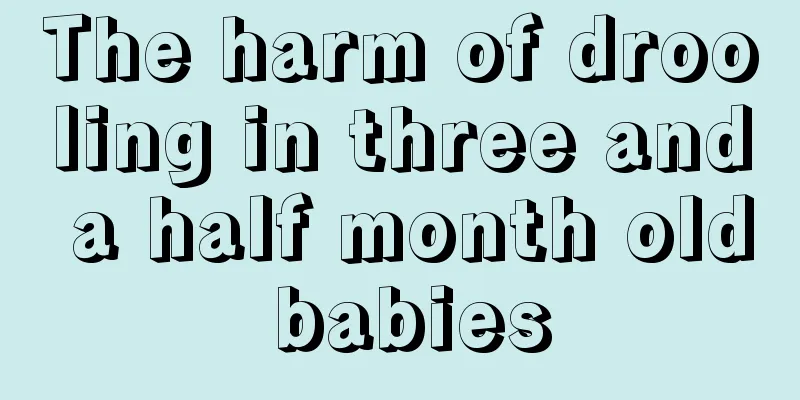
|
It is a common phenomenon for babies to drool, but if it exists for a long time, it will cause serious harm to the child. In order to fully understand, many parents want to fully understand the dangers of 3-month-old babies drooling. The following content gives many parents a detailed introduction to the dangers. You can have a comprehensive understanding. Starting from three months old, the amount of saliva secreted by babies gradually increases due to the development and improvement of their salivary glands. At this time, babies cannot swallow their saliva into their stomachs, nor can they spit out the saliva when necessary like adults or older children. Therefore, starting from three months old, children tend to drool. Some babies drool a lot, and their chins and clothes on their chests are often wet. At the same time, due to excessive accumulation of saliva in the mouth and throat, children can often hear "gurgling, gurgling" or "huffling, huffling" sounds in their throats, whether during the day or at night. The sound may worsen when lying on their backs or when the child's body position changes, sometimes accompanied by a choking cough. Especially when the child is awake and moves his hands and feet around, the "phlegm" and choking sounds are more obvious. If children drool a lot and have ulcers and inflammation at the corners of their mouths, it is called drooling caused by angular cheilitis; if it is accompanied by congestion or ulceration of the oral mucosa, refusal to eat and irritability, it is called drooling caused by stomatitis; if it is accompanied by atrophy of the facial muscles on one or both sides and chewing weakness, it is drooling caused by indigestion and intestinal ascariasis; if it is accompanied by intellectual disability and dementia, it is caused by incomplete development of the brain and nervous system. The above pathological drooling needs to be examined and treated in the hospital. Generally speaking, once the primary cause is eliminated, the drooling in children will improve or heal. Because saliva contains digestive enzymes and other substances, it has a certain irritating effect on the skin. Children who drool frequently may experience redness, erosion, and peeling of the skin on their chin and other parts of the body due to their saliva frequently soaking the skin. For pathological saliva, local care is very important: 1. Usually, you can use soft and loose dressing to pad the neck to absorb the saliva flowing out, and change it frequently; 2. Wash your face, jaw and neck frequently with warm water. Apply oily skin care products in cold seasons. The dangers of drooling in a three and a half month old baby. After fully understanding the dangers, in order to keep your children away from these dangers as soon as possible, parents must pay attention to it, take your children to a large hospital for a comprehensive examination, understand the causes, and then conduct comprehensive treatment, so that your child's drooling can be improved as soon as possible. |
<<: At what age do children usually start losing their teeth?
>>: The reason why the baby still drools at the age of two
Recommend
What should I do if my baby sucks his fingers for two months?
As the baby grows day by day, there will always b...
Is it good for babies to drink more boiled water?
Elderly people often say that "drinking wate...
What to eat for children with acute gastritis
If you find that your child has vomiting, abdomin...
What should I do if my baby walks on tiptoes? Experts tell you tips
Some babies stand on tiptoes when they first star...
How to remove phlegm from children’s throats?
Many children do not know how to get rid of phleg...
Tips on how to deal with yellow teeth in children
Children's yellow teeth make many parents par...
What are the children's spleen and stomach soups?
The problem of stomach pain has brought great tor...
Chinese medicine massage to reduce fever in children
Many people actually don’t know how to treat thei...
Causes of nosebleeds in children in spring
Many children suffer from nosebleeds in spring du...
What to do if a three-year-old baby gets angry
As autumn is approaching, many children don’t lik...
Can children drink milk powder if they have diarrhea?
Children with diarrhea can drink milk powder, and...
There is a small lump on the child's genitals?
If a child has a small lump on his genitals, it i...
Newborn baby herpes
The health of a newborn baby is very important. F...
The correct way to reduce fever by rubbing alcohol on the body
Fever is a common thing in life. The weather has ...
What's up with that crazy kid?
In daily life, we often hear about the phenomenon...




